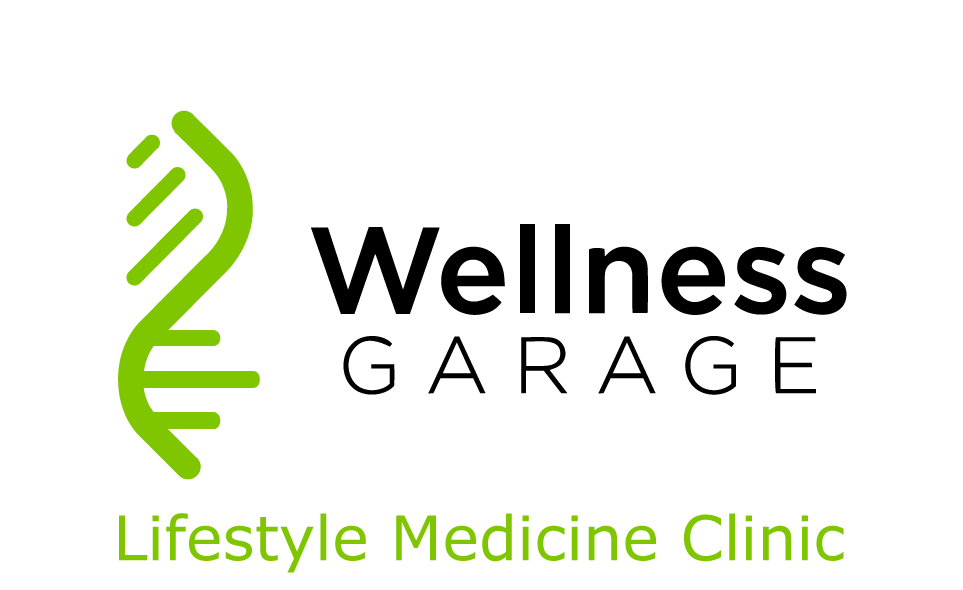|
"Sleep is that golden chain that ties health and our bodies together" Thomas Dekker From the time that we were very young, people, starting with our mothers, have been telling us about the importance of sleep. I am going to do the same... Like all of the Wellness Garage core behaviors, failing at sleep will negatively impact all other behaviors and will independently and collectively worsen your health. The impact of lack of sleep is both obvious and insidious; obvious to the extent that our performance is clearly impaired; insidious in the way chronic sleep deprivation increases our risk for chronic disease.
So what to do... Go to bed and get up at the same time, every day.
Aim for 7-8 hours per night.
Build your night-time routine
As part of all Wellness Garage programs we will assess your sleep and help you build the right behaviors that optimize your health. Beyond the basics for insomnia |
AuthorDr. Brendan Byrne Categories
All
|

 RSS Feed
RSS Feed
